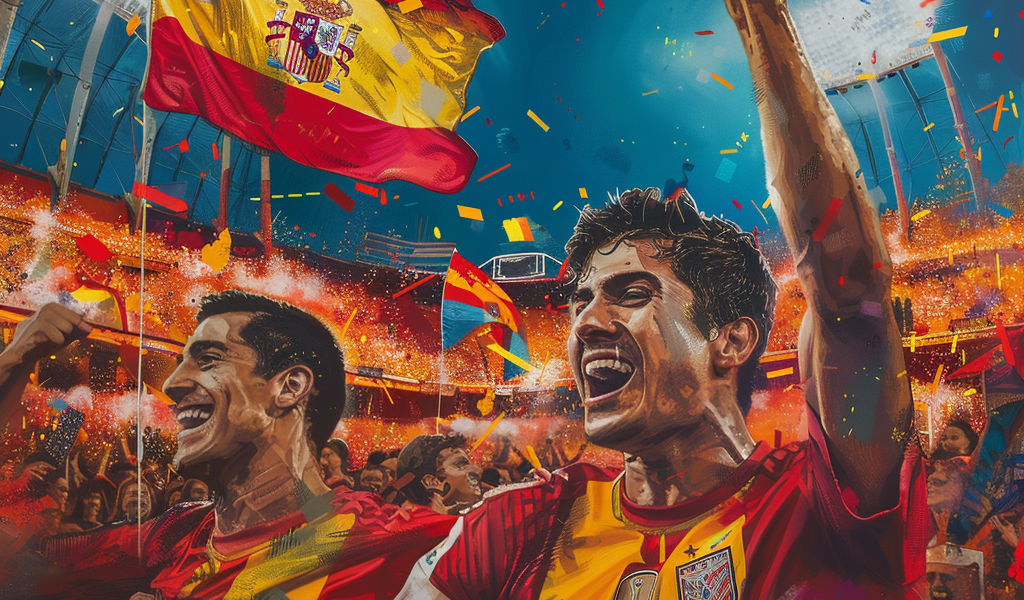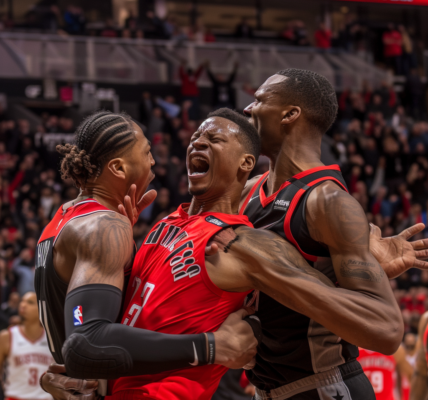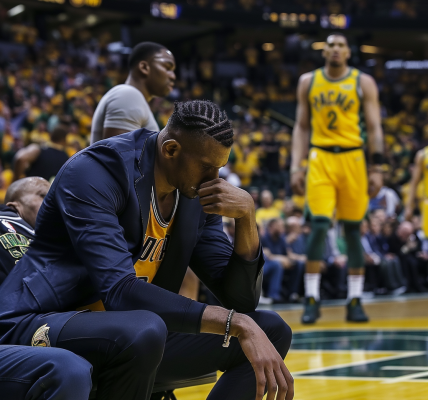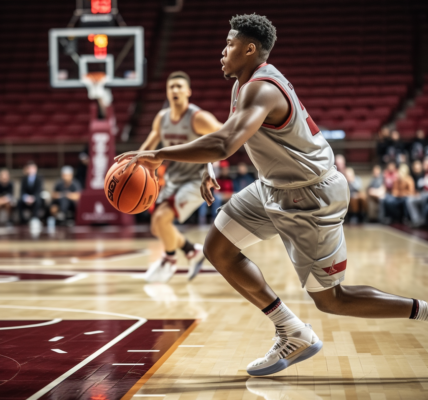Manchester City midfielder Rodri has found himself at the center of controversy after being charged by UEFA for his actions during celebrations following Spain’s Euro 2024 victory over England. The incident occurred on July 15, 2024, when Rodri took to the microphone at a celebratory event in Madrid and sang the phrase “Gibraltar es Espanol” (Gibraltar is Spanish), which has been deemed “deeply offensive” by many, including the Gibraltar Football Association (GFA).
Rodri was not alone in facing repercussions; his teammate and captain of the Spanish national team, Alvaro Morata, has also been charged by UEFA for his involvement in the same incident. The GFA lodged an official complaint against both players, leading to UEFA’s intervention.
UEFA’s ethics and disciplinary inspector has been appointed to investigate the matter, signaling the seriousness with which the governing body is treating the situation. The charges against Rodri and Morata are under Article 11 of UEFA’s disciplinary code, which addresses violations of basic rules of decent conduct and the inappropriate use of a sporting event for non-sporting expressions.
The chanting incident has sparked significant backlash, particularly from Gibraltar’s government, which expressed outrage over the comments made by the Spanish players. In a statement, the government condemned the remarks as “rancid” and criticized the blending of sports celebrations with discriminatory political statements. They emphasized that such behavior is not only unnecessary but also deeply hurtful to the Gibraltarian community.
Fabian Picardo, the Chief Minister of Gibraltar, took to social media platform X to voice his disapproval, asserting that the sentiments expressed in the chant were offensive and unwarranted. He concluded his statement with the phrase, “The Rock is OURS,” highlighting the territorial sensitivity surrounding Gibraltar, a British Overseas Territory that is claimed by Spain.
This incident has reignited discussions about the political implications of sports and the responsibilities of athletes as public figures. The intersection of sports and national identity can often lead to contentious situations, as evidenced by the reactions to Rodri’s and Morata’s actions. UEFA’s decision to charge the players serves as a reminder of the governing body’s commitment to maintaining decorum and respect in football.
As the case progresses, it remains to be seen what disciplinary actions UEFA may impose on the players. The football community is closely watching the developments, and the outcome could set a precedent for how similar incidents are handled in the future.
In the aftermath of the Euro 2024 celebrations, which saw Spain crowned champions of Europe, the focus has shifted from the team’s sporting success to the implications of their celebratory behavior. While the triumph on the pitch was a moment of national pride for Spain, the fallout from the celebrations serves as a reminder of the delicate balance between sporting achievements and political sensitivities.
The situation has also raised questions about the role of athletes in addressing political issues, especially when their actions can have broader implications beyond the realm of sports. As public figures, players like Rodri and Morata carry a certain level of influence, and their words and actions can resonate with fans and communities in ways that they may not fully comprehend.
In conclusion, the charges against Rodri and Morata highlight the ongoing complexities within the world of sports, where celebrations can sometimes lead to unintended controversies. As UEFA investigates the matter, the football community will be watching closely to see how it unfolds and what lessons can be learned from this incident.





